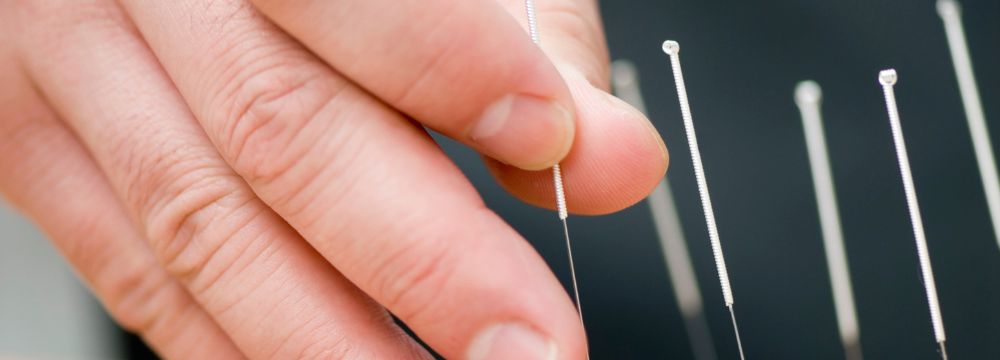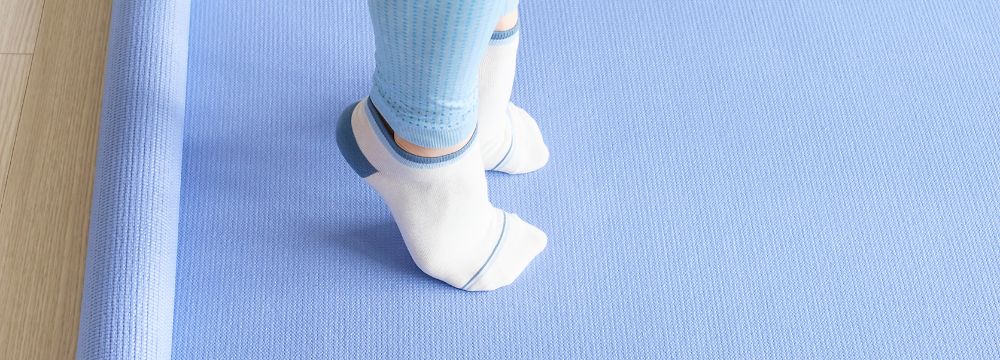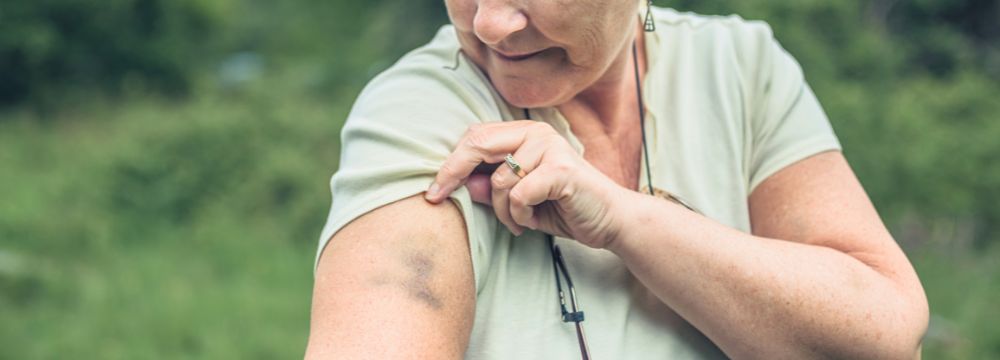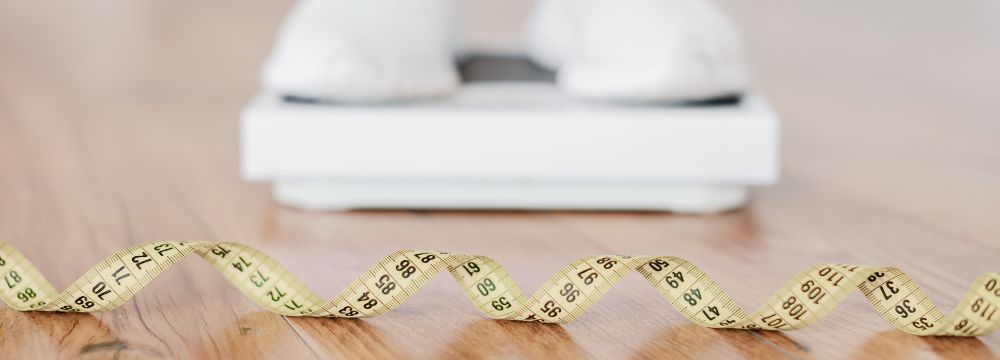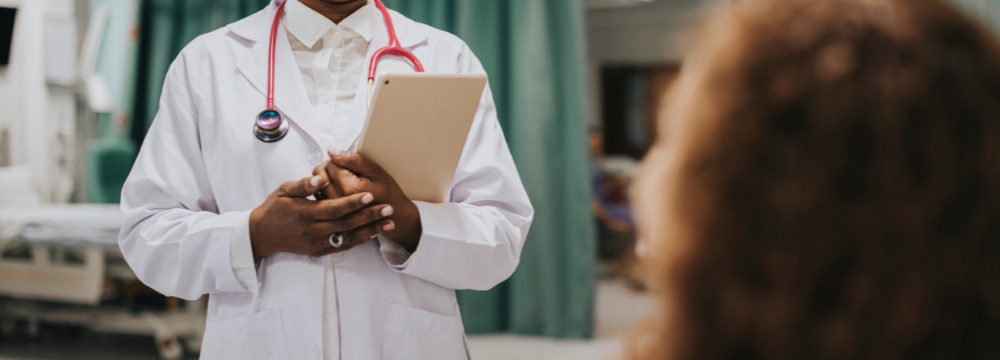
Today we will be talking about caffeine, a staple in just about everyone’s diet. Whether it is coffee, black, or green teas, chocolate, or sodas, caffeinated products are ubiquitous in modern-day society. Over the past several decades, we’ve heard mixed reviews about caffeinated products and caffeine. Are they helpful or hurtful? Can they help you lose weight, or do they make you hungry? The data is all over the map. However, there are some steadfast rules that bariatric patients need to follow to ensure that their caffeine consumption is not detrimental to their health and their weight loss after bariatric surgery.
First and foremost, think about all the foods and drinks that contain caffeine. Unfortunately, for the most part, these foods and drinks are unhealthy. The notable exceptions include unsweetened coffee or tea as well as dark chocolate. However, many more caffeinated items are detrimental to your health and continued weight loss. Sodas, mixed coffee drinks, milk tea, and milk chocolate can all add hundreds of calories to your daily intake. As such, other than a nice pick me up from an unsweetened black coffee or tea, we encourage patients only to drink caffeinated drinks as an indulgence.
Second, caffeine is an irritant. It is essential to avoid caffeine in the early days after surgery. As such, we highly discourage caffeine in the few weeks and months after your procedure. Remember that your stomach has undergone significant trauma, and caffeinated drinks don’t help you recover from that. This is not to say that a little bit of caffeine here and there is bad. However, if you like the taste of coffee or tea, you can try caffeinated options that only contain about 5-10% of what a fully caffeinated coffee would have.
Third, caffeine is a diuretic. Getting all your liquid from caffeinated products also increases your urine output, and you may remain under-hydrated. You may have read elsewhere on our website that dehydration is one of the leading diet busters after bariatric surgery. We recommend the patients drink upwards of 64 fluid ounces each day, which may seem like a lot, but it is about the minimum amount for proper hydration. A lack of hydration can lead you to eat more and drink liquids that may not be conducive to your weight loss.
The Bottom Line
Foremost, caffeine in moderation and early in the day (so it does not interfere with sleep) should be just fine after about six months from bariatric surgery. Most importantly, talk to your bariatric surgeon about their thoughts on caffeine and how you can get a quick boost without it. Remember that proper hydration and exercise, both eminently healthy for you, can make you more motivated, more alert, and feel better throughout the day.
As with any questions or concerns you may have, we encourage you to contact our office to learn more. If you are interested in bariatric surgery, you can watch our online seminar. At this point, we will contact you to schedule a consultation with one of our bariatric surgeons and get you one step closer to changing your life.
